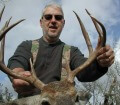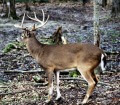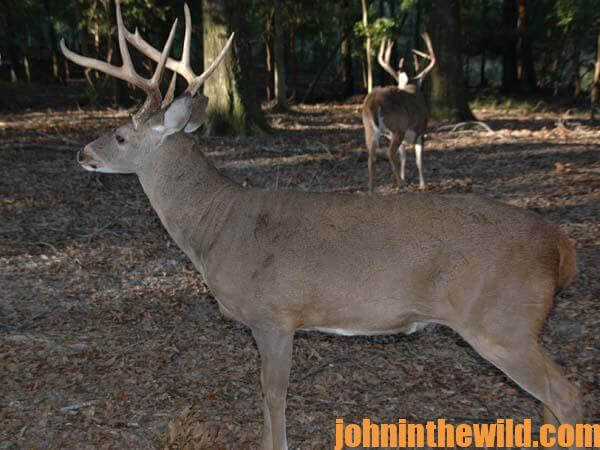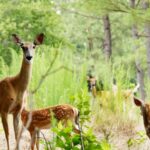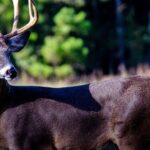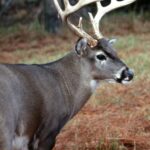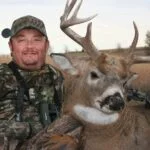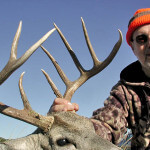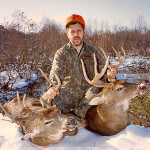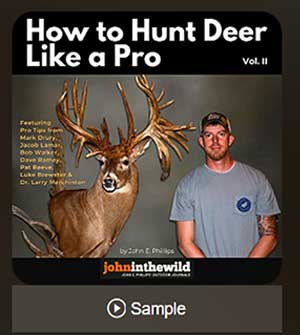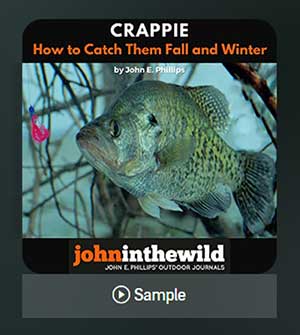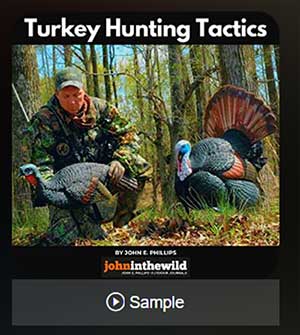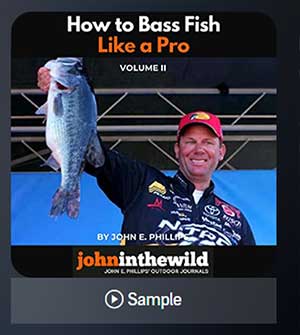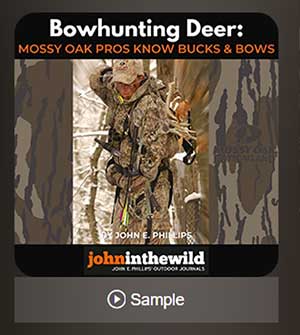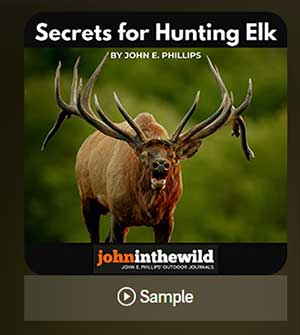John’s Note: You can do plenty to stack the odds in your favor, if you start planning now for a successful deer hunt. The sooner you can get that buck in your sights, the better.
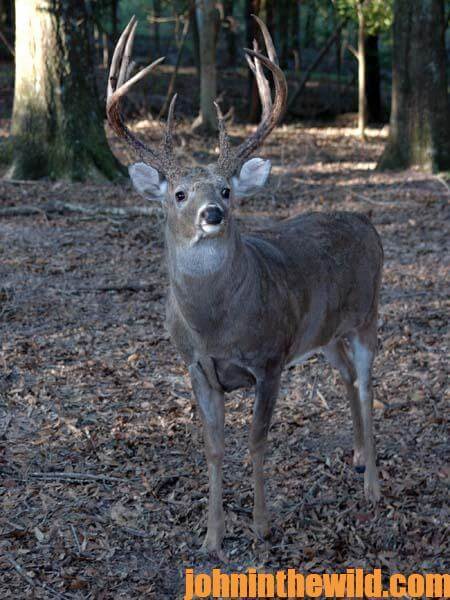 Dr. Robert Sheppard of Tuscaloosa, Alabama, a nationally known student of deer behavior, begins his pre-scouting without ever going into the woods.
Dr. Robert Sheppard of Tuscaloosa, Alabama, a nationally known student of deer behavior, begins his pre-scouting without ever going into the woods.
“If you can get an aerial photo from the U.S. Soil Conservation Service or Google Maps (https://www.google.com/maps) of the area you plan to hunt, you can learn plenty about some of the best places to hunt at the first of the season. You need to look for bottlenecks. Remember, the deer is a traveling creature. He likes to go to and from different areas.
What you want to look for is what appears to be the neck of an hourglass on the land that you’re hunting. Oftentimes this funnel shape will occur where two large tracts of woods are surrounded by either fields or clear-cuts, and there is a small strip of woods connecting the two large woodlots. Also, sloughs and creeks may form a bottleneck. And, another type of bottleneck is a strip of hardwoods in-between two pine plantations. By looking at the aerial photos of your hunting region, you can begin to see where the bottlenecks are. Then you can start pre-season scouting in these areas.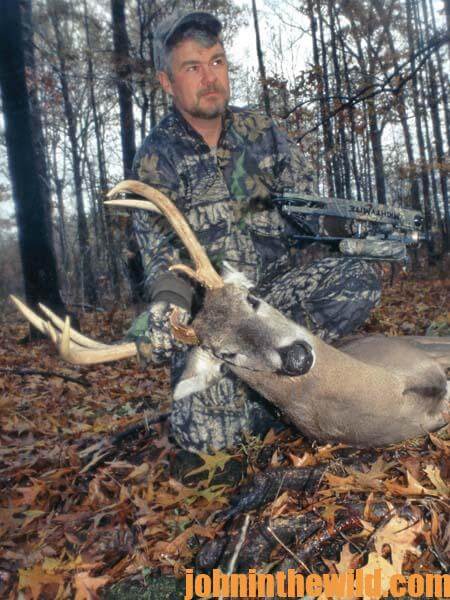
“You’re looking for altogether different signs than what you are scouting for when you are hunting over a food source. Many times there will be no signs. Deer most often won’t have a trail through a bottleneck. They usually will meander through that area. And, since there are often plenty of leaves on the ground, finding tracks and droppings may be difficult. I’ve studied bottlenecks before and not been able to find a bit of sign.
But after putting up a tree stand before the season and watching deer movement, I may observe 25 to 30 deer meandering through one of these bottlenecks each day. So, my method of scouting begins with studying an aerial photo map. Then, I decide why the deer would want to go from one place to the other. Next, I set-up a tree stand to observe the deer and check my theory. For me, bottlenecks are the most-consistent method of finding deer in the early season.”
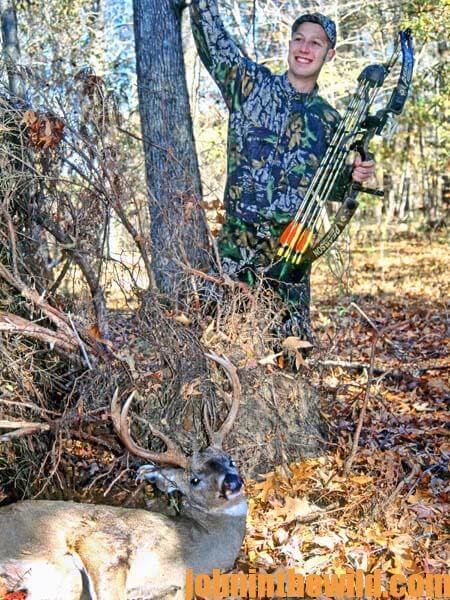 To learn more about deer hunting, you can get John E. Phillips’ Kindle eBooks, “How to Hunt and Take Big Buck Deer on Small Properties,” “How to Hunt Deer Up Close: With Bows, Rifles, Muzzleloaders and Crossbows,” “PhD Whitetails: How to Hunt and Take the Smartest Deer on Any Property,” “How to Take Monster Bucks,” and “How to Hunt Deer Like a Pro,” or to prepare venison, get “Deer & Fixings.” Click here.
To learn more about deer hunting, you can get John E. Phillips’ Kindle eBooks, “How to Hunt and Take Big Buck Deer on Small Properties,” “How to Hunt Deer Up Close: With Bows, Rifles, Muzzleloaders and Crossbows,” “PhD Whitetails: How to Hunt and Take the Smartest Deer on Any Property,” “How to Take Monster Bucks,” and “How to Hunt Deer Like a Pro,” or to prepare venison, get “Deer & Fixings.” Click here.
About the Author
John Phillips, winner of the 2012 Homer Circle Fishing Award for outstanding fishing writer by the American Sportfishing Association (ASA) and the Professional Outdoor Media Association (POMA), the 2008 Crossbow Communicator of the year and the 2007 Legendary Communicator chosen for induction into the National Fresh Water Hall of Fame, is a freelance writer (over 6,000 magazine articles for about 100 magazines and several thousand newspaper columns published), magazine editor, photographer for print media as well as industry catalogues (over 25,000 photos published), lecturer, outdoor consultant, marketing consultant, book author and daily internet content provider with an overview of the outdoors.

